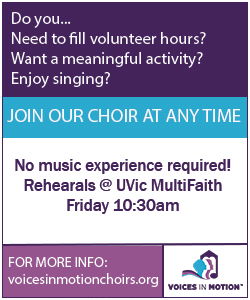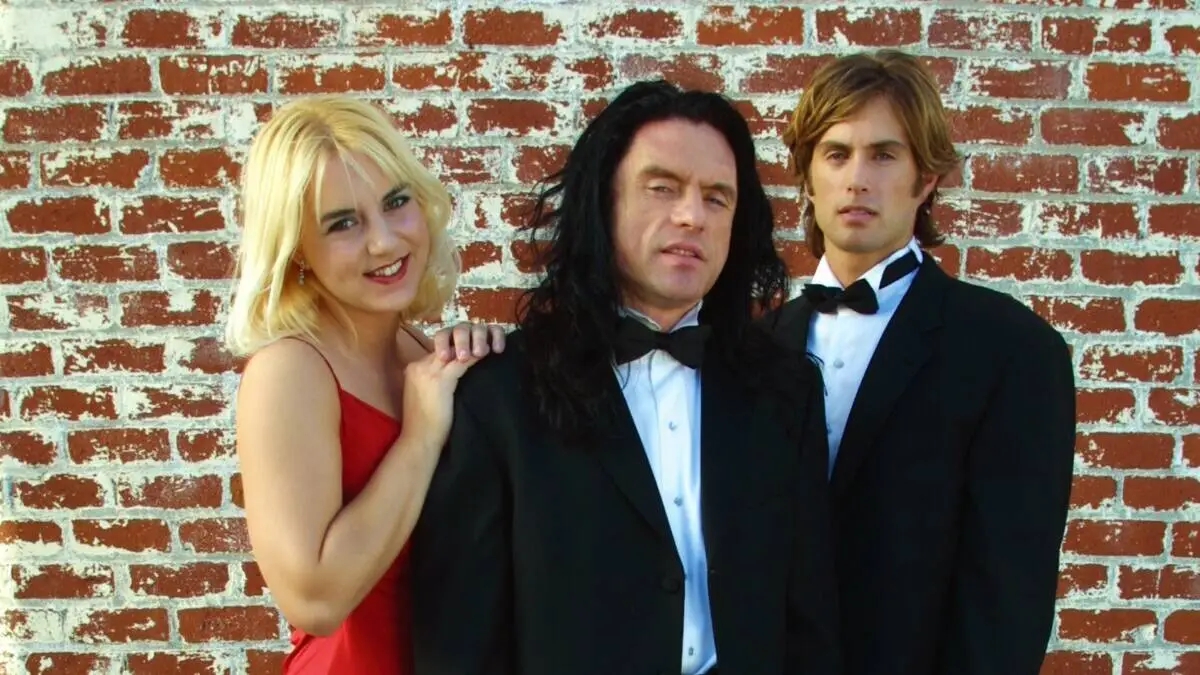I got fired this summer. It was awful. There’s no feeling quite like that shocking, sinking pit that opens up in your stomach, the frantic worry about how you’ll support yourself, the incessant self-interrogation about whether you really deserved to be fired, and what you might’ve done wrong.
It certainly built a lot of character, as Calvin’s dad might say (though it would have been nice to have Hobbes around). I lost a steady job that paid more than twice minimum wage and felt suddenly aimless and cut adrift. It forced me to prove I could find enough work in 30 days to cover the next month’s rent.
Now I juggle four part-time jobs, which add up to 40 hours a week. Along with editing this section of the Martlet, I train people on (and sell) computers, staff a pop-up calendar shop, manage social networking and tournament reports for a gaming store, and do some freelance writing work.
Despite having a full-time workload on top of my two courses, and even with the stress of juggling four different schedules, I find myself more relaxed and happy than I was at my 30-hour-a-week, 9-to-5 job. The variety keeps me interested and challenged. I’m not signed to any contracts or beholden to any single boss, and most of my downtime is mine to schedule.
I’ve been taking advantage of that flexibility and recently spent an evening knocking back brews and talking with a friend of mine. Considering that these heart-to-heart discussions were the genesis of Growing Pains, it felt like an investment in my writing. I vented to him about the pressure I felt to solidify my career, how I was constantly either pushing myself or berating myself for laziness. How I was always reaching for the bar my parents had set, with their useful post-secondary degrees and semi-lucrative middle-class careers. How I hoped to find a wife I love, have 2.5 kids, get a house, a car, a mortgage. How I was always struck by how unmotivated some of my friends seem, still working for minimum wage with no career path, or jumping into a trade with no lofty ambition beyond a solid living. How I was so afraid of waking up at 40 with nothing solid to my name. Afraid of failing.
My friend heard what I was saying but had trouble relating to my thought process. He referred me to a book he’d read: The Queer Art of Failure by Judith Halberstam, which had given him a lot of perspective on the “traditional” definition of success. As a gay man, he argued, he had already failed to succeed by traditional standards: he is ignoring the “biological imperative” and doesn’t plan to have kids. He cares little for renown or career advancement and doesn’t measure his life by the benchmarks set by others.
He knows what makes him happy: playing cards, writing and reading, drinking tea, making stir-fry and discovering new music, among other things. As he sees it, what else is there besides doing the things that make you happy? We only work to earn enough to let us do the things we want to do. And there’s no point in working anywhere you despise; if you’re sharp enough, you can usually find enough work to cover one person’s minimal lifestyle.
I know that a big part of my happiness is the satisfaction I derive from working, and that I’m ambitious enough to want to make some kind of dent in the world. But that conversation helped me realize just how much I had been blinded by the dollar signs in my paycheques this summer.
The money represented freedom from worrying about my budget. I had more money to invest in my hobbies, which was supposed to balance out my work. But I was drastically undervaluing how much I cared about scheduling my own time and how much freedom I really needed in directing my own work.
The money I put into my entertainment budget was only as good as the time I had to enjoy it and the headspace I was in as I tried to relax. It might take me longer now to save up for the things I’m dreaming of, but at least I’m dreaming, not just crashing into bed, mentally exhausted every night.
As I near graduation from UVic, these last few months have changed my perspective on where I want to end up. I’m starting to wonder if the Leave it to Beaver American Dream is really where I see myself, or just the default set of goals to aim for. If I turned what I do right now into a career, would I feel like a success 20 years from now?
I’m still working on that one.







